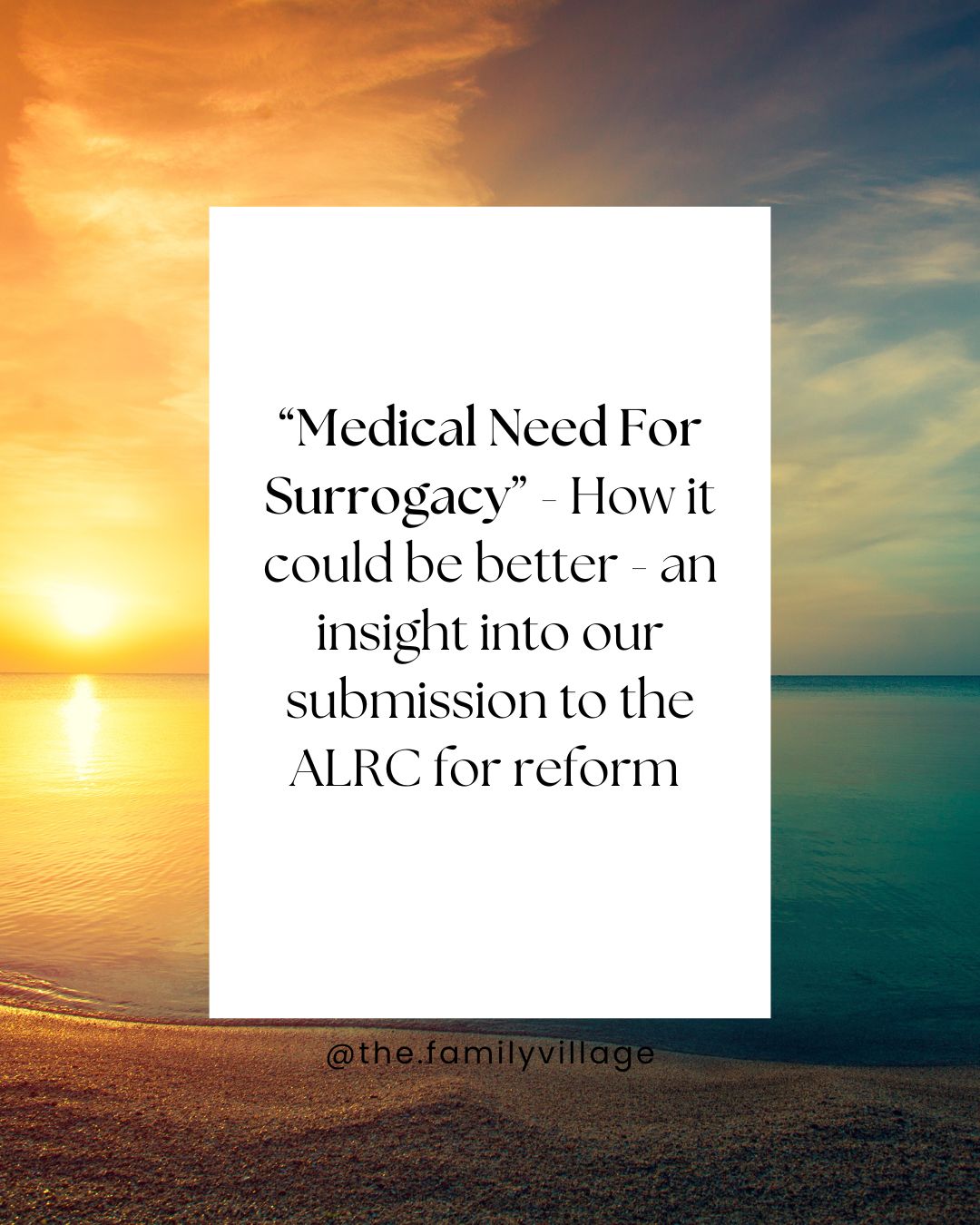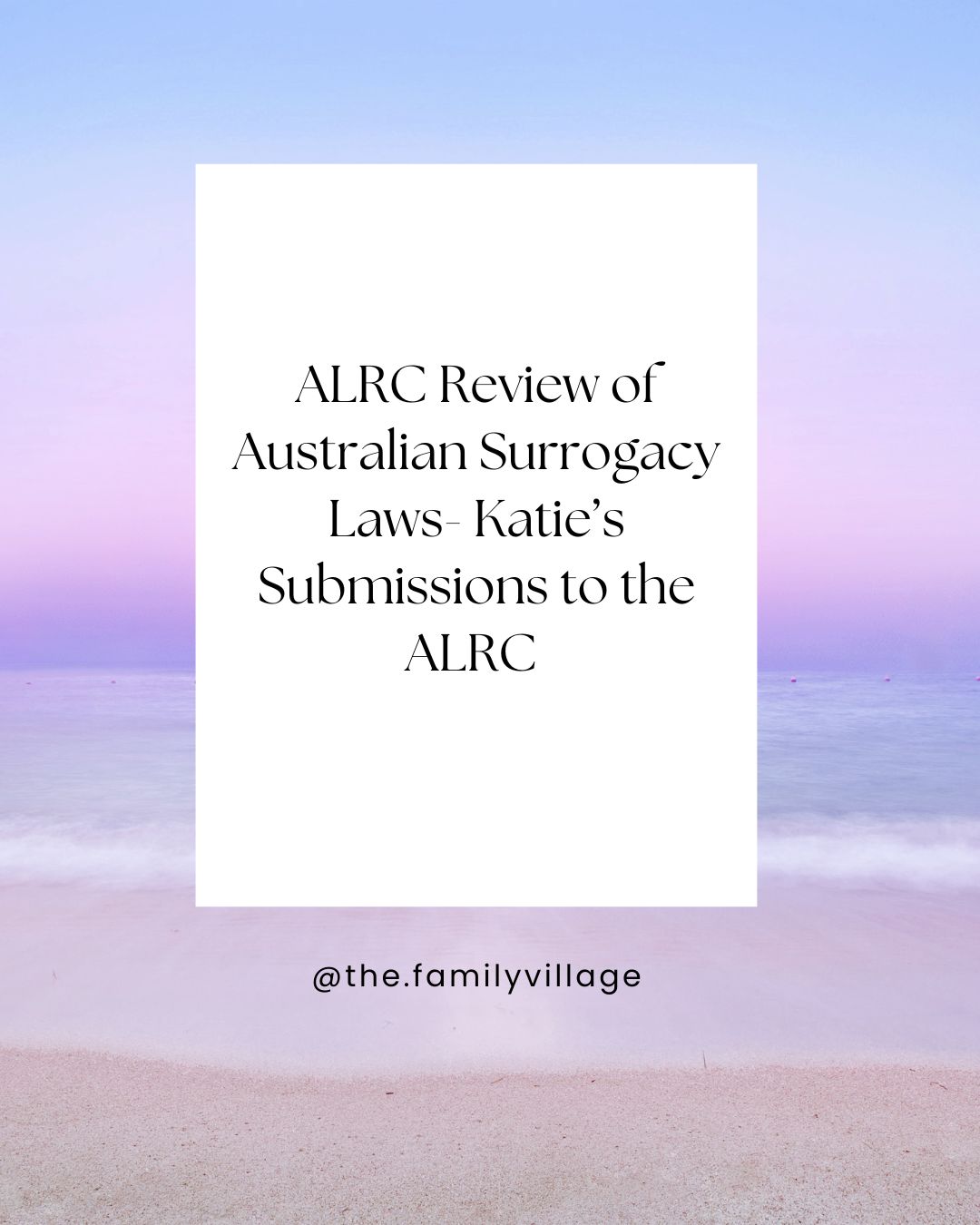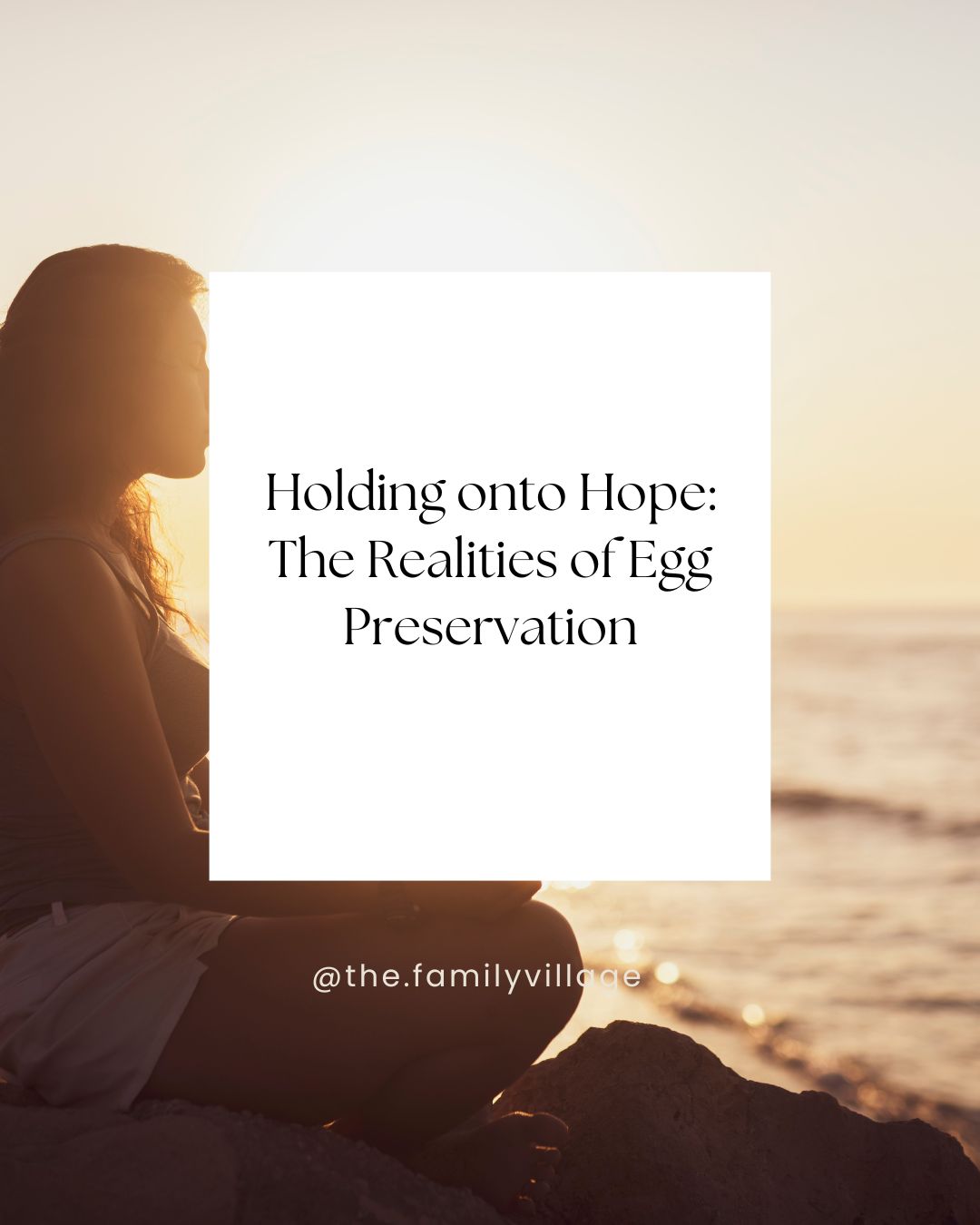In Australia today, people who still have their reproductive organs but are nonetheless unable to conceive or sustain a pregnancy are often deemed ineligible for surrogacy by ART providers. This narrow interpretation of medical need means that many are encouraged to undergo repeated rounds of IVF — even in cases where there is little to no chance of success.
For those living with documented infertility, such as repeated failed embryo transfers or recurrent miscarriage, this approach can be devastating. Unless they have undergone a hysterectomy or another definitive surgical intervention, many are denied access to surrogacy altogether. This is because there is no uniform definition of a “medical need” for surrogacy in surrogacy legislation.
The Human Impact of Restrictive Criteria
The current approach can place individuals and couples in a painful cycle:
- Multiple IVF cycles despite poor prognoses.
- Mounting emotional distress and physical exhaustion.
- Significant financial burden with diminishing hope.
This is not only a matter of medical inefficiency — it is a matter of compassion, fairness, and human dignity.
The Problem with Inconsistent Definitions
Without clear statutory guidance, fertility specialists and reviewing bodies have wide discretion in determining what constitutes a “medical need” for surrogacy in Australia. This discretion can be applied inconsistently, leading to uncertainty and inequity in access to surrogacy arrangements. Learn more in our overview of the ALRC Review of Surrogacy Laws.
Towards a Fairer and More Compassionate Framework
There is no doubt that a uniform approach to surrogacy laws is an essential way forward in Australia. Those uniform laws should adopt a clear, inclusive, and clinically grounded definition of “medical need” for surrogacy that recognises a range of medical realities.
By embedding such definitions in law — and ensuring they are applied consistently by all assisted reproductive technology (ART) service providers and reviewing bodies — we can create a framework that truly reflects the needs of those it is meant to serve. For a broader perspective, see our guide on Surrogacy in Australia.
The Path Forward
Infertility is not always visible. It is not always solved by “just trying again.” And it should never be defined solely by the absence of reproductive organs. Reforming surrogacy laws to reflect a medically accurate and compassionate understanding of “medical need” is an essential step towards ensuring fairness, dignity, and hope for all who dream of becoming parents.
If you are looking for an experienced Australian surrogacy lawyer, we offer expert legal advice on all aspects of surrogacy. Contact Us today to discuss your situation in confidence.




